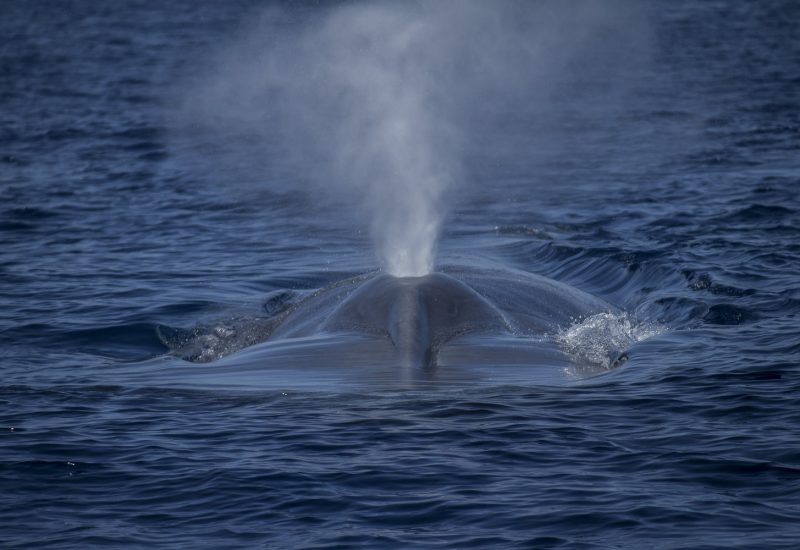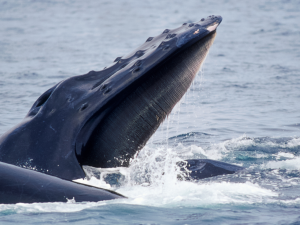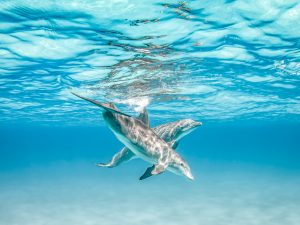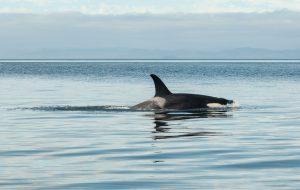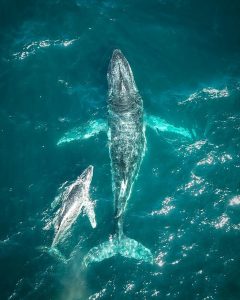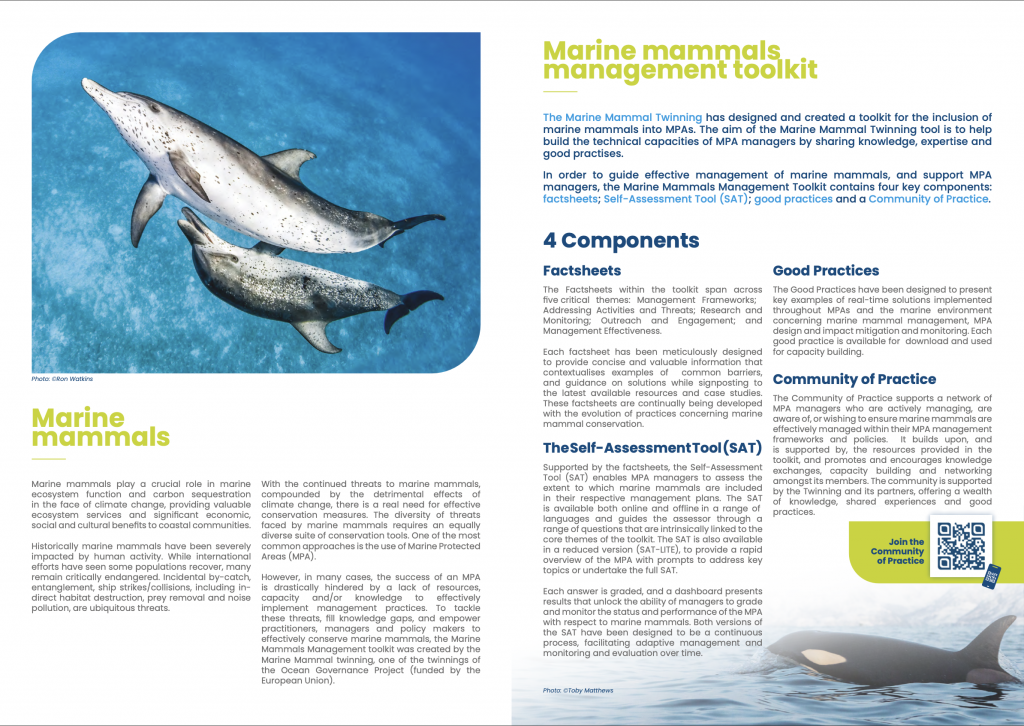A new report from WWF and partners provides the first truly comprehensive look at whale migrations and the threats they face across all oceans, highlighting how the cumulative impacts from industrial fishing, ship strikes, pollution, habitat loss, and climate change are creating a hazardous and sometimes fatal obstacle course for the marine species.
Protecting Blue Corridors, released 17th February 2022 by WWF, has for the first time, visualised the satellite tracks of 845 migratory whales worldwide. The report outlines how whales are encountering multiple and growing threats in their critical ocean habitats – areas where they feed, mate, give birth, and nurse their young – and along their migration superhighways, or ‘blue corridors’.
Cumulative impacts from human activities – including industrial fishing, ship strikes, chemical, plastic and noise pollution, habitat loss, and climate change – are creating a hazardous and sometimes fatal obstacle course,” said Chris Johnson, Global Lead for whale and dolphin conservation at WWF. “The deadliest by far is entanglement in fishing gear – killing an estimated 300,000 whales, dolphins, and porpoises each year. What’s worse, this is happening from the Arctic to the Antarctic.”
The benefits from protected blue corridors extend far beyond whales. Growing evidence shows the critical role whales play maintaining ocean health and our global climate – with one whale capturing the same amount of carbon as thousands of trees. The International Monetary Fund estimates the value of a single great whale at more than US$2 million, which totals more than US$1 trillion for the current global population of great whales.
“This report presents some of the most comprehensive data to date on large scale movements of whales through the world’s oceans. The emerging picture underscores the need for swift, concerted action and investment of resources from national governments, international bodies, local communities, industry and conservation groups like WWF to stop this underwater assault on whales and protect these critical blue corridors,” said Dr. Margaret Kinnard, WWF Global Wildlife Practice Lead.

